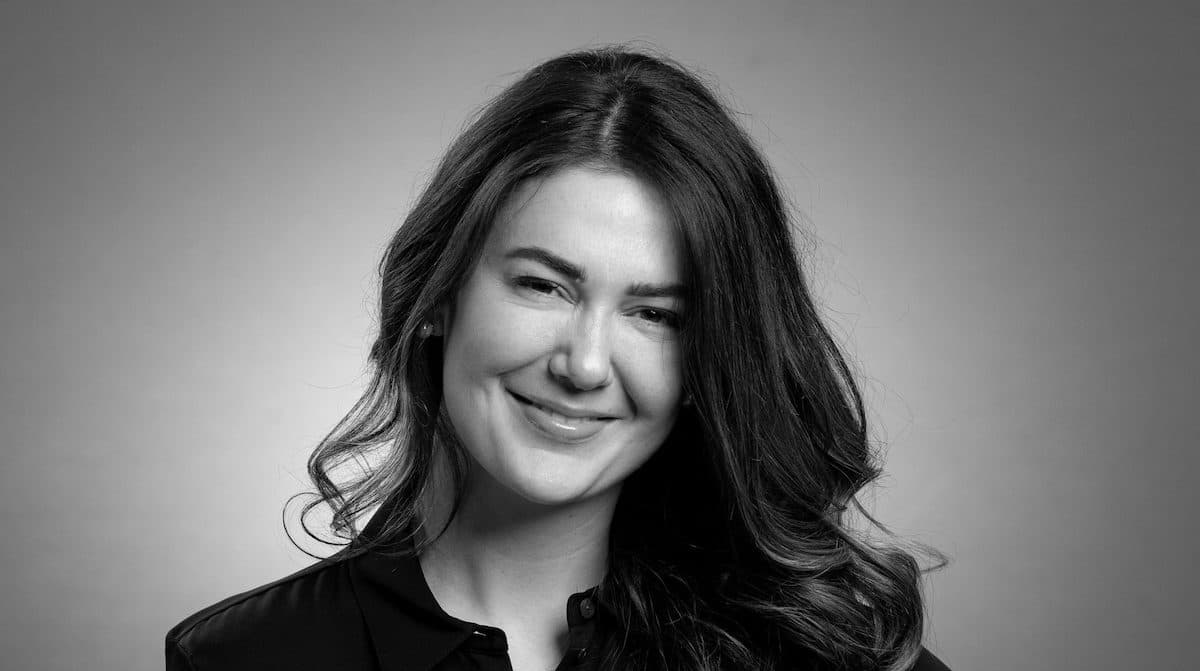CoinShares’ Demirors on Why Bitcoin is Misunderstood
Most people view bitcoin as an investable asset more than a disruptive technology, but Demirors is hoping to change that.

Meltem Demirors, CoinShares
- CoinShares chief strategy officer has joined the board of the Stacks Foundation
- As a Stacks board member, Demirors will devise and implement strategies for building smart contracts, decentralized apps (dApps) and NFTs
Meltem Demirors is the newest Stacks Foundation board member, and she is out to change the narrative around bitcoin.
“We’re still in the early innings of the entire crypto space,” said Demirors, who is also chief strategy officer at CoinShares. “In the bitcoin community and outside of the bitcoin community, there’s sometimes these persistent narratives, and there are some I can’t stand.”
As a Stacks board member, Demirors will devise and implement strategies for building smart contracts, decentralized apps (dApps) and non-fungible tokens (NFTs), which are commonly built on ethereum, within bitcoin’s ecosystem through connections with the Stacks blockchain.
“I love that Stacks is building on top of bitcoin, and I’d love to see more projects built around bitcoin,” said Demirors. “I really want to emphasize how important it is for people to build bridges back to bitcoin, particularly as people really start to understand how important proof of work is.”
Starting in Carbon
Demirors started her career as a physical ethanol and methanol trader in Texas. It was the midst of the financial crisis and the world was just starting to move to decarbonization.
“I started looking at the carbon market, because there were all these new carbon schemes being introduced, like the last time we did this whole environmental social governance and sustainability investing scam,” said Demirors. “I started trading carbon and learned a lot about how markets work.”
She then moved into consulting before working in the corporate treasury department at ExxonMobile. It was while getting her MBA at the Massachusetts Institute of Technology that she first became interested in bitcoin.
Demirors met Barry Silbert when he was in the early stages of starting the Digital Currency Group, the parent company of Grayscale Investments.
“I said ‘I think I can help you, I think we could do some cool stuff together,’ and that’s really how it started,” said Demirors. “For me, it was just realizing that all the things that I’d worked on in the past, were dead. Those were dying industries.”
Demirors got involved with digital assets early. For the rest of the world, bitcoin’s latest run is serving as the gateway into the technology.
Changing the bitcoin message
While those skeptical about digital assets may be growing more open to learning about blockchain technology, a plethora of misconceptions remain, Demirors said. One of the most notable is the idea that bitcoin is used to commit crimes.
“Let’s move on from that, please,” said Demirors. “The most widely used financial tool for crime is the dollar, and then the second most widely used tool for financial crime is the US banking system, as evidenced by the $6 billion of fines that were paid by banks last year, an all time record high, in order to settle money laundering charges.”
Another common anti-bitcoin argument is that mining is bad for the environment. Demirors argued the opposite. She cited a CoinShares study from 2019 that reported 77% of coin mining used renewable energy.
“I’ve been spending a lot of time lately on highlighting why I think bitcoin will be a massive boon for low energy,” said Demirors. “Bitcoin is effectively a money battery that can help balance energy grids, and make our energy infrastructure more secure and more resilient, while also making it economically feasible to invest in large scale renewable energy production.”
Most people view bitcoin as an investable asset more than a disruptive technology, Demirors said, but she is hoping to change that.
“Part of what I’ve always enjoyed doing in this industry is trying to help people see what I see, where we are going, and what’s really been interesting over the last 12 months is that all of a sudden, people are much more open to having that conversation,” said Demirors.
“I’m really excited that we’re seeing a lot more talent flowing into space, a lot more capital flowing into the space, but also, some really intelligent people are now looking at bitcoin and cryptocurrency more broadly.”






